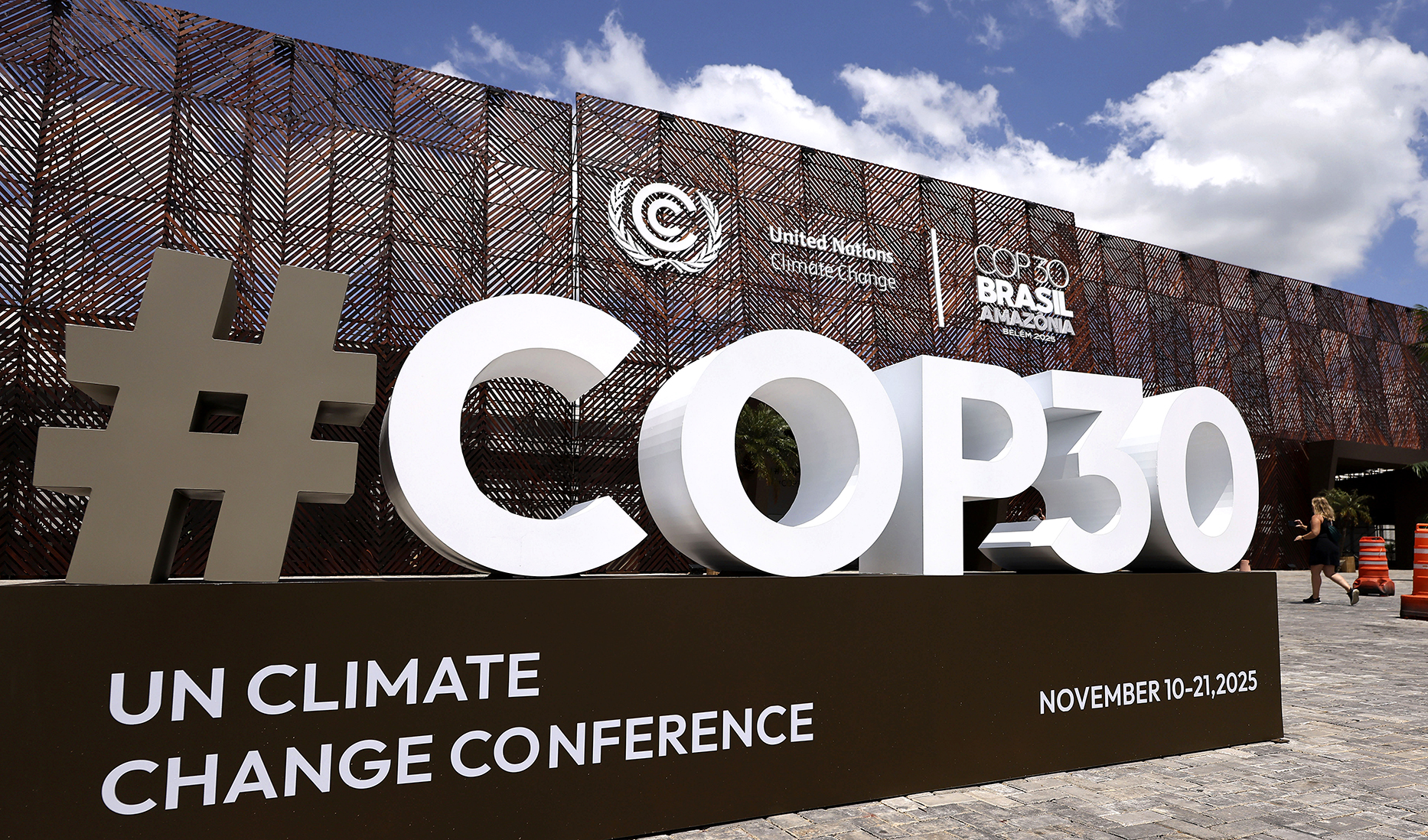On 19 November, in Belém, Brazil, leaders and partners discussed how to transform food systems and strengthen the communities most affected by the climate crisis. The talks showcased how restoring land, elevating women’s leadership and scaling practical, science-based solutions can translate climate ambition into tangible improvements for farmers, families and frontline communities.
Read more: Food systems hold slender but firm place on finance-focused COP29 agenda
The Centre for Green Economy partnered with organisations such as the Alliance for Food Sovereignty in Africa and noted that the topic had become a core pillar of global climate action. The centre said, “This reflects a growing consensus that transforming food systems is essential for achieving climate, biodiversity and development goals.”
Read more: COP30 ministers battle to break deadlocks in four key areas
Their COP30 policy brief calls for:
- Increased investment in agroecology as a climate adaptation strategy;
- Protecting smallholder farmers from land grabs and harmful trade policies; and
- Integrating food systems into Nationally Determined Contributions and climate finance frameworks.
Daily Maverick spoke to two environmental justice activists attending the conference as observers.
Environmental justice activist Thabo Sibeko from Earthlife Africa said, “We don’t have a proper, sustainable food system in South Africa, simply because most of the farmers are using pesticides at the moment. Our population has grown tremendously, so as a result, farmers can’t keep up with the demand, so unfortunately, farmers now rely on genetically modified seeds and pesticides to increase their production.”
Sibeko said this had detrimental effects on the environment, making examples of soil health. He said that despite this, people were going hungry.
“South Africa used to be a food basket, particularly places like Limpopo, but now that has taken a nosedive,” he said. This is due to relying on exports, lack of access to land and the impact of using pesticides on soil health.
“We are hoping that in the negotiations, the eradication of the use of pesticides will be one of the priorities and that organic systems, organic ways of ploughing and planting will be prioritised, because declaring war against Mother Soil is suicidal because no one cooks food better, like she does.”
/file/attachments/2984/unnamed_167222_ee136cc62ab93c9913024f2e9b95a589.jpg)
The day’s sessions began by hearing from women who confront climate impacts every day and create solutions that guide their collective future.
Read more: SA technical team negotiates without a political head as Brazil climate summit moves along
Later on, in the High-Level Ministerial on Agriculture, the urgent challenge of land degradation was addressed, and the RAIZ Initiative was launched as a COP30 legacy to restore degraded farmland and integrate sustainability across global food systems.
/file/attachments/2984/sobantu-landreform_272593_7ce7b8e7ab91c028ef1e65504c263ca0.jpg)
The day concluded with the Global Climate Action High-Level Event, “calling for a global mutirão [collective effort] to turn commitments into measurable progress. COP30’s message today is clear: restoring land, empowering people, and elevating the voices of women and Afro-descendant communities are central to building a resilient and inclusive future”.
Phineus Nkatshuka, a fish farmer from Jeffrey’s Bay in the Eastern Cape and an environmental justice activist, said that having home gardens could relieve the pressure on the commercial food system, which would, in turn, make it possible for commercial farmers to use more sustainable farming practices.
“We are too dependent on the commercial food system,” said Nkatshuka.
“The agreement I would like to see is a proper plan that involves communities, and a plan where they listen to the community and find out which ways we think we can approach sustainable food security.
“The other issue is the issue of land; you will find that the municipality and the big guys have a lot of land, but the members of the community struggle to find land to open a garden.”
The Belém Declaration that came from this year’s COP30 addressed the urgent need for human-centred climate action to combat hunger, poverty and inequality exacerbated by climate change.
The declaration acknowledged that “nearly half the global population lacks social protection, particularly those most vulnerable to climate impacts.
"As part of a global effort, we call on all Parties to deliver on the New Collective Quantified Goal on climate finance, agreed at COP29 in Baku, by mobilizing at least USD 300 billion annually for developing country Parties by 2035 with developed country Parties taking the lead, and as part of a collective efforts of all actors to work together to enable the scaling up of financing to developing countries for climate action, from public and private sources, to at least USD 1.3 trillion per year by 2035. We advance that the effective implementation of the NCQG [New Collective Quantified Goal] must recognise the fundamental priority of safeguarding food security and ending hunger, in line with the Paris Agreement.” DM
Additional reporting by Kristin Engel.




 The headquarters of COP30 in Belém, Brazil. (Photo: Wagner Meier / Getty Images)
The headquarters of COP30 in Belém, Brazil. (Photo: Wagner Meier / Getty Images)